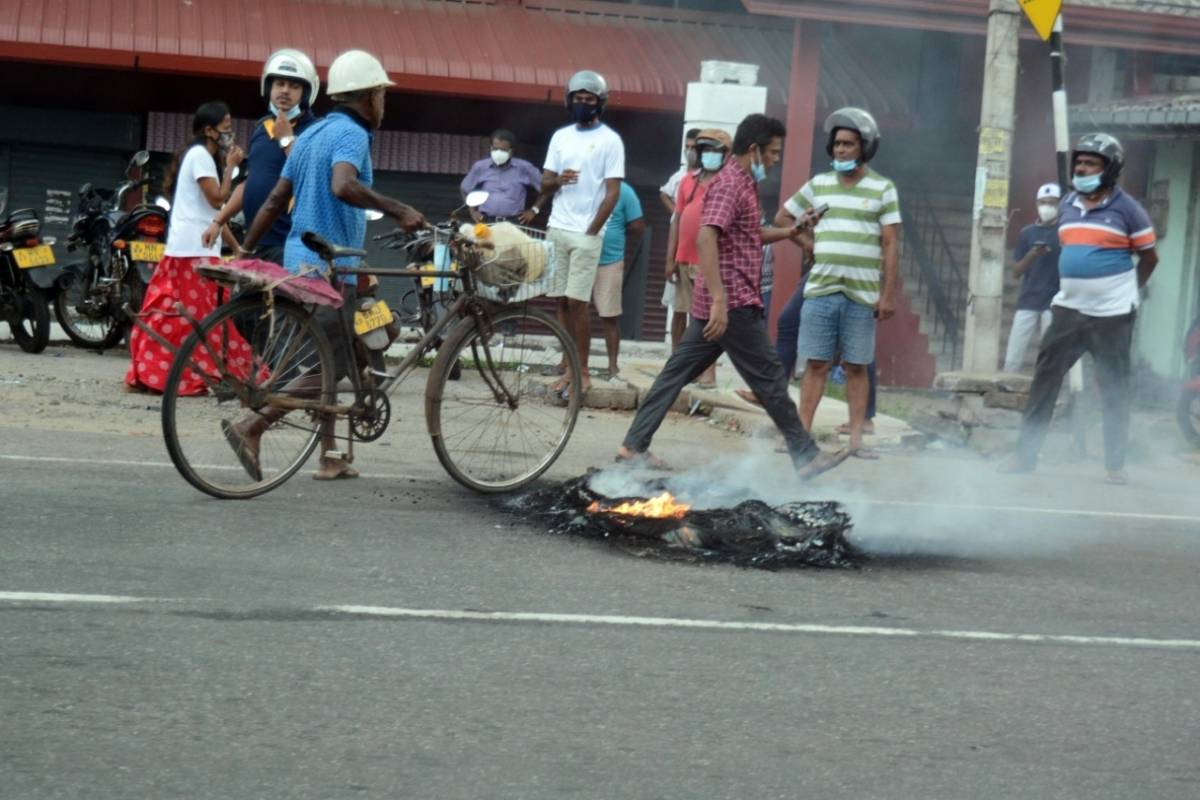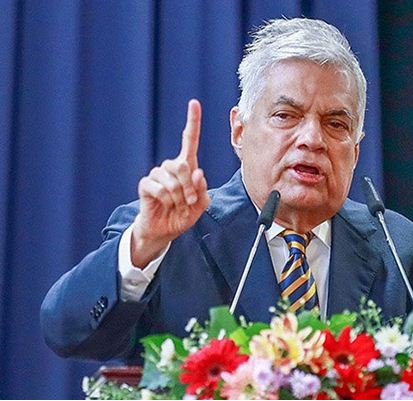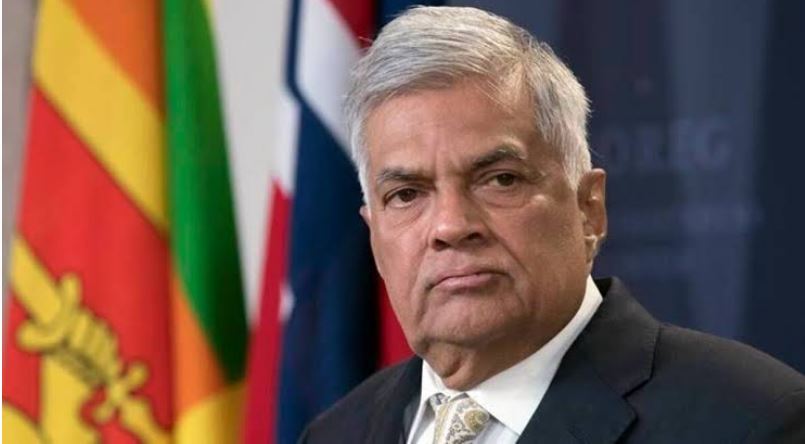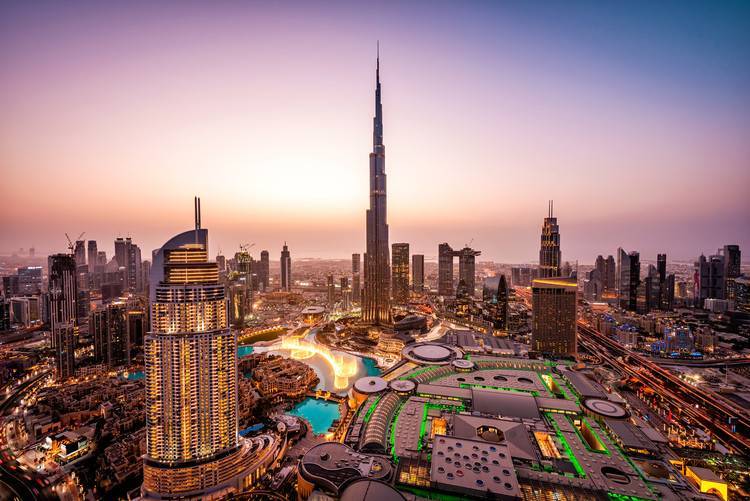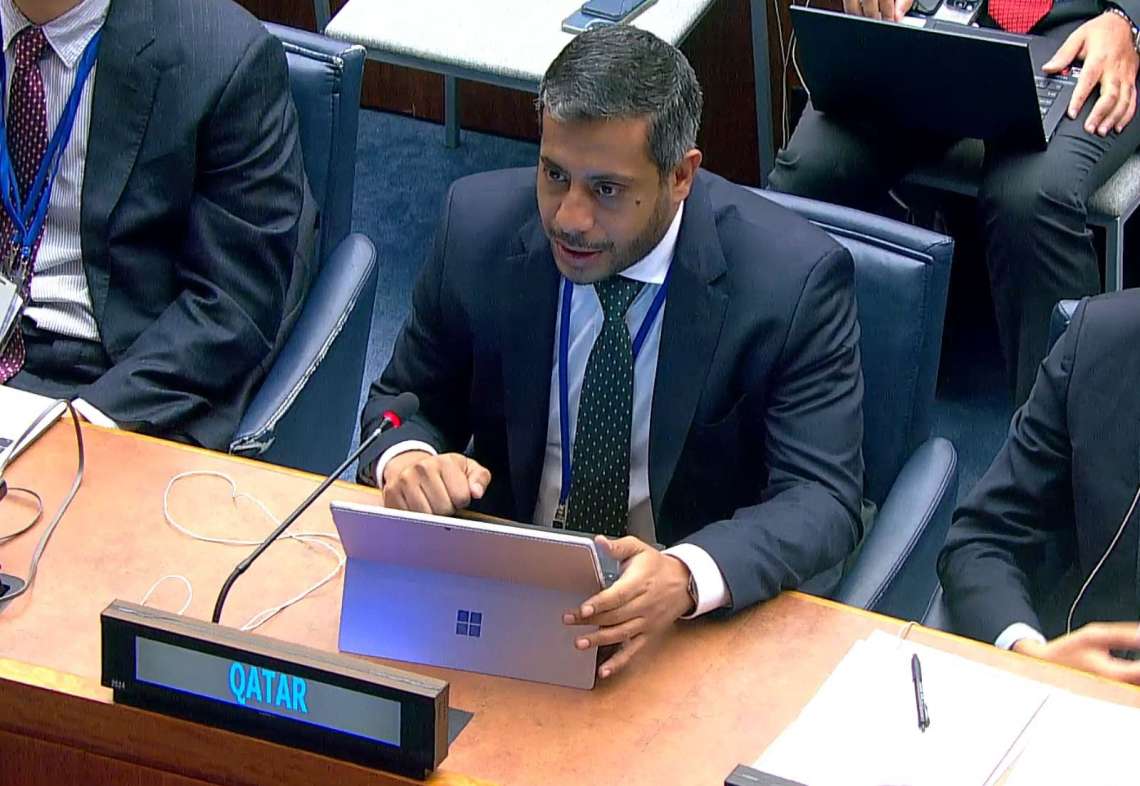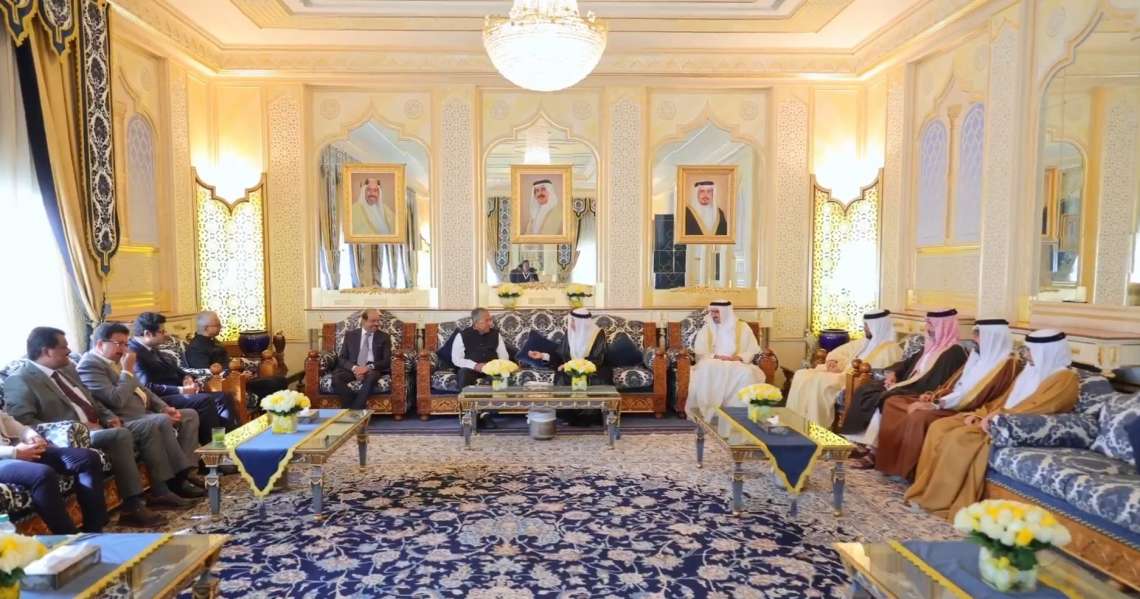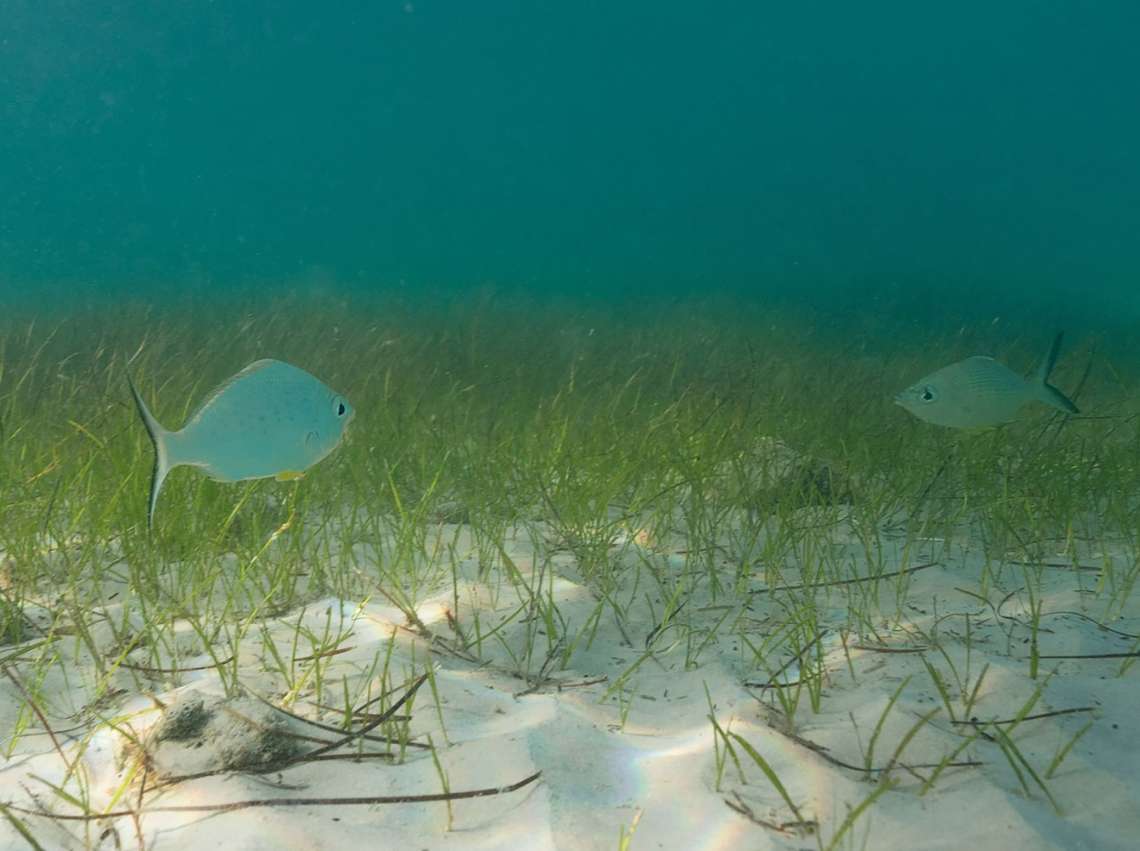China has been a dominant lender to several of these developing nations and therefore could control their destinies in crucial ways, said IMF chief…reports Asian Lite News
Sri Lanka is in the midst of a deep and unprecedented economic crisis that has sparked huge protests and seen its president quit after fleeing the country – but other countries could be at risk of similar troubles, according to the head of the International Monetary Fund (IMF), BBC reported.
“Countries with high debt levels and limited policy space will face additional strains. Look no further than Sri Lanka as a warning sign,” said IMF Managing Director Kristalina Georgieva on Saturday.
She said developing nations had also been experiencing sustained capital outflows for four months in a row, putting their dreams of catching up with advanced economies at risk.
But the same global headwinds – rising inflation and interest rate hikes, depreciating currencies, high levels of debt and dwindling foreign currency reserves – also affect other economies in the region.
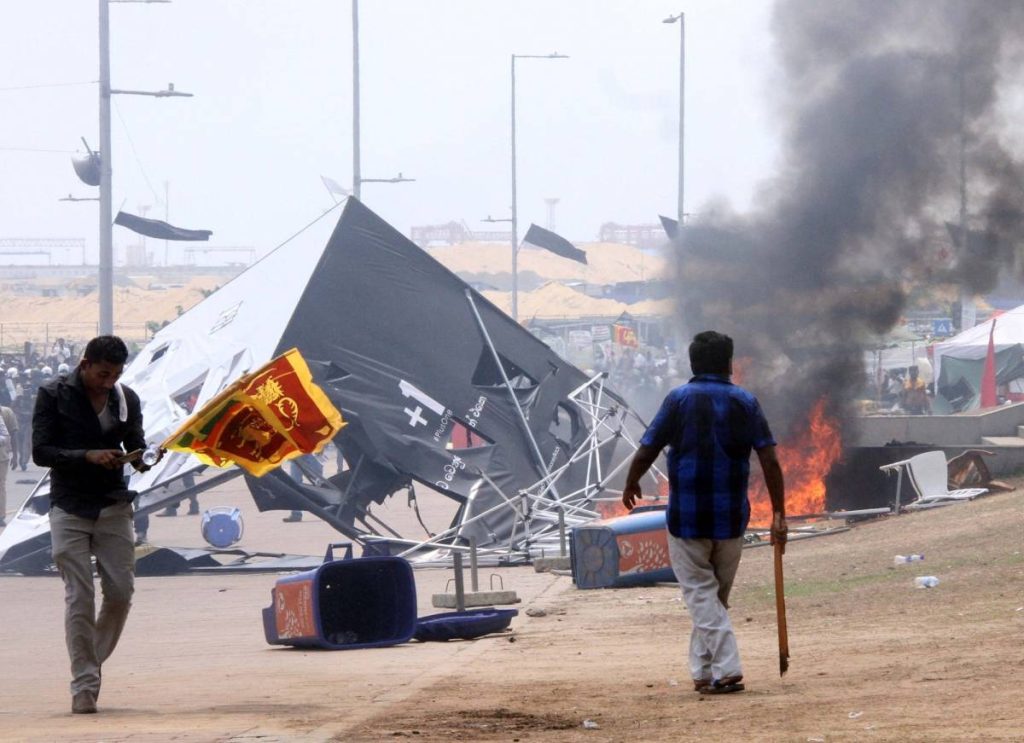
China has been a dominant lender to several of these developing nations and therefore could control their destinies in crucial ways. But it’s largely unclear what Beijing’s lending conditions have been, or how it may restructure the debt, BBC reported.
Where China is at fault is, according to Alan Keenan from International Crisis Group, is encouraging and supporting expensive infrastructure projects that have not produced major economic returns.
Fuel prices in Pakistan are up by around 90 per cent since the end of May, after the government ended fuel subsidies. It’s trying to rein in spending as it negotiates with the IMF to resume a bailout programme.
The economy is struggling with the rising cost of goods. In June, the annual inflation rate hit 21.3 per cent, the highest it has been in 13 years.
Like Sri Lanka and Laos, Pakistan also faces low foreign currency reserves, which have almost halved since August last year.
“If they are able to unlock these funds, other financial lenders like Saudi Arabia and the UAE may be willing to extend credit,” Andrew Wood, sovereign analyst at S&P Global Ratings told the BBC.
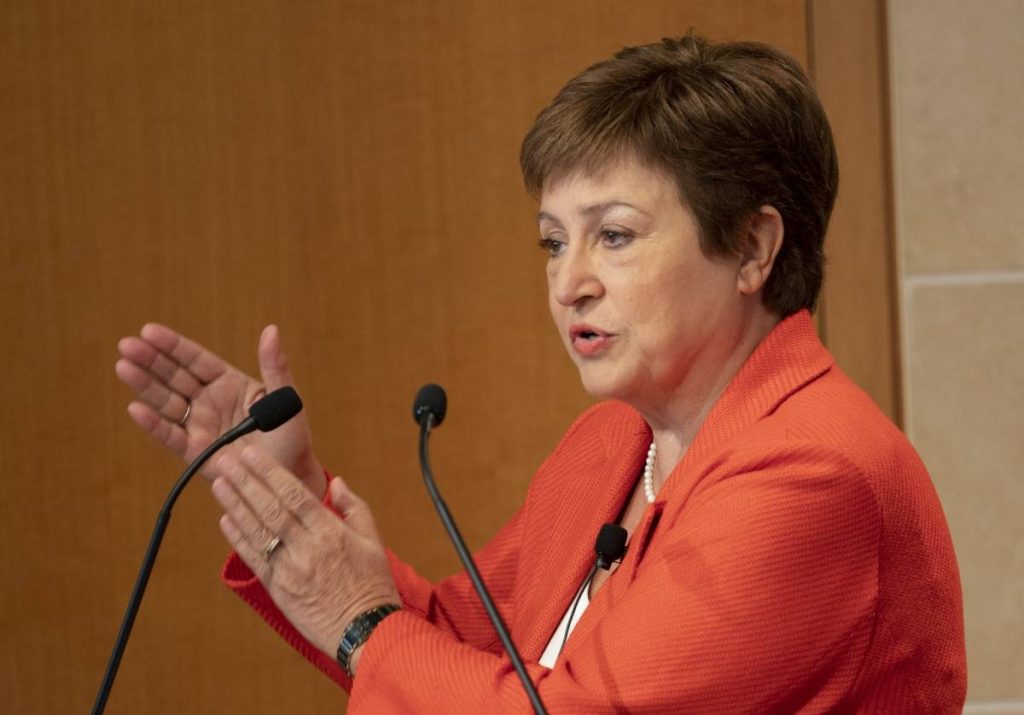
Again China plays a role here, with Pakistan reportedly owing more than a quarter of its debt to Beijing, BBC reported.
“Pakistan appears to have renewed a commercial loan facility vis-a-vis China and this has added to its foreign exchange reserves and there are indications they will reach out to China for the second half of this year,” Wood added.
The Maldives has seen its public debt swell in recent years and it’s now well above 100 per cent of its GDP.
Like Sri Lanka, the pandemic hammered an economy that was heavily reliant on tourism.
Countries that depend so much on tourism tend to have higher public debt ratios, but the World Bank says the island nation is particularly vulnerable to higher fuel costs because its economy is not diversified.
US investment bank JPMorgan has said the holiday destination is at risk of defaulting on its debt by the end of 2023, BBC reported.
In Bangladesh, inflation hit an 8-year high in May in Bangladesh, touching 7.42 per cent.
With reserves dwindling, the government has acted fast to curb non-essential imports, relaxing rules to attract remittances from millions of migrants living overseas and reducing foreign trips for officials.
“For economies running current account deficits — such as Bangladesh, Pakistan and Sri Lanka — governments face serious headwinds in increasing subsidies. Pakistan and Sri Lanka have turned to the IMF and other governments for financial assistance,” Kim Eng Tan, a sovereign analyst at S&P Global Ratings told the BBC.
“Bangladesh has had to re-prioritise government spending and impose restrictions on consumer activities,” he said.
Rising food and energy prices are threatening the pandemic-battered world economy. Now developing nations that have borrowed heavily for years are finding that their weak foundations make them particularly vulnerable to global shockwaves.

